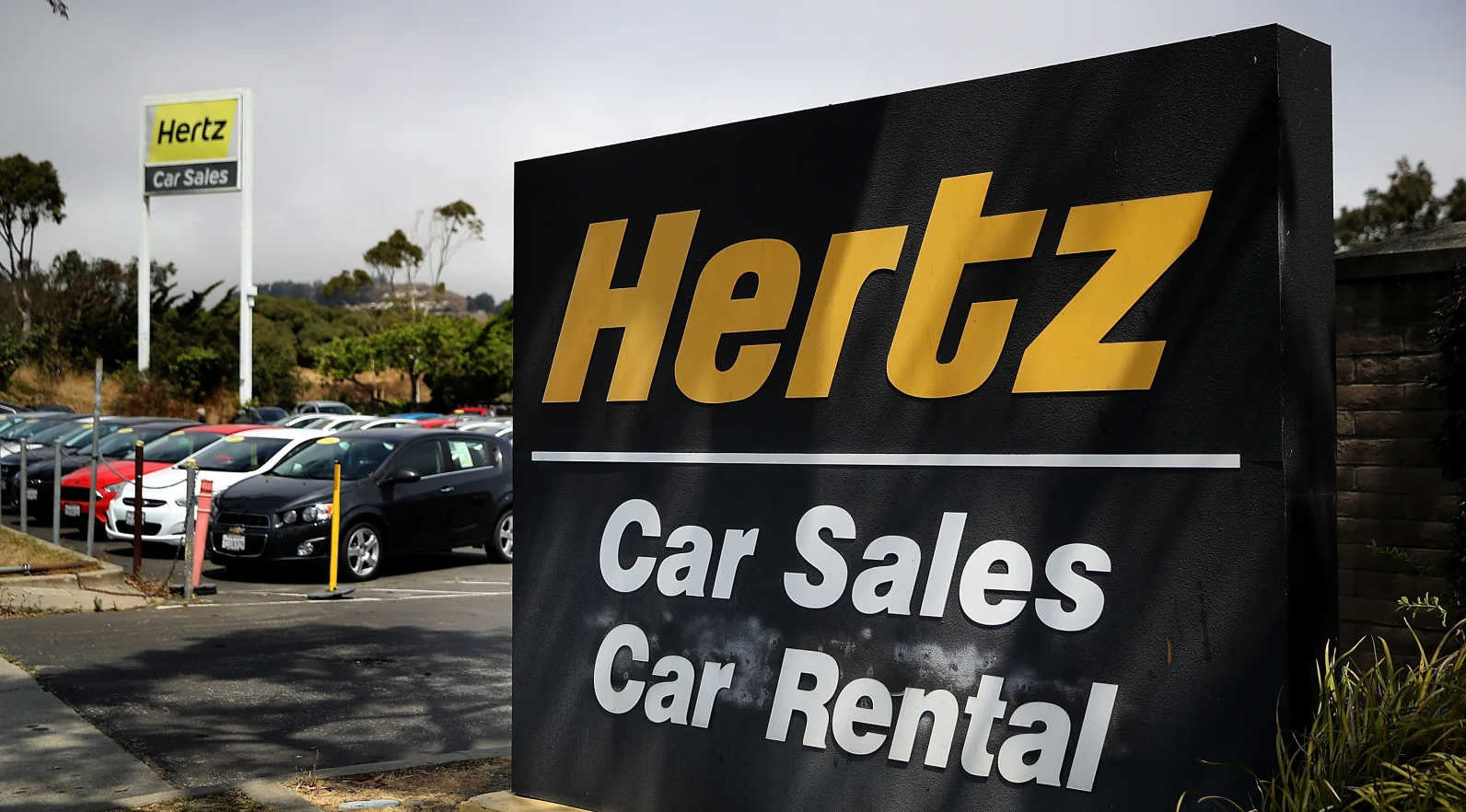A Hertz Bankruptcy Could Sink An Already Struggling Used Car Market
Used car prices have been wonky through the current crisis, but it now seems they've decided on which direction to head: Down. Way down. And the eventual fate of car rental giant Hertz could flood an already underwater market.
Used car prices fell 34.4 percent in April, according to the Detroit Free Press, and used car dealers are cutting back on building up inventory. While the Freep says that used car prices could go up soon due to a shortage of new cars caused by plant closures, there is another factor to consider: The more than half a million cars currently sitting on beleaguered Hertz Car Rental's books.
Hertz is currently considering its options for a possible bankruptcy, a move made necessary mainly due to a drastic slowdown in rentals thanks to covid-19 shutdowns, though it must be pointed out that Hertz hasn't always made wise purchasing decisions when it comes to its fleet.
The two major banks holding Hertz's debt, Deutsche Bank AG and Barclays Plc, need to decide in the next two weeks if it should allow Hertz to unload some of its fleet to pay the bills or simply slip into bankruptcy. But selling cars at the moment probably will not help much, considering tumbling used car demand. Hertz is currently on the hook for the leases on 567,000 vehicles, with another 200,000 internationally, spread out across its 12,400 locations. Here's how Autoweek breaks down the options facing the company:
Bloomberg describes Hertz's situation as a three-way standoff: Holders of Hertz's asset-backed securities could delay pressuring Hertz to sell down its fleet for a short period of time, but they will need Hertz's banks to promise to make them whole. The banks, in turn, may not want to take on such a risk, which requires them to bet that either the rental car business or used car prices return to some normal operating level. Meanwhile, controlling shareholder Carl Icahn holds a 39% equity stake in the rental company. Bloomberg says that he could put in more money to keep Hertz afloat, but this once again is dependent on a belief that the rental car business will recover to some extent in the very near future. In a bankruptcy, Bloomberg notes, equity holders' claims would be behind those of creditors, which is not an incentive for Icahn to put in more money at the moment.
One possible way out of this is banks letting Hertz issue more debt, but this once again relies largely on a bet on a domestic and international recovery in the car rental business in the near future. Otherwise, it only buys the company a short period of time before an eventual bankruptcy.
That bankruptcy could flood the used car market with several hundred thousand cars, whose value is likely to take a substantial hit at a time when used car lots are already quite full and demand is low. Bloomberg notes that used car prices dropped 11.4% from March to April, while sales were merely a quarter of preoutbreak levels. Dealer auctions that would liquidate the cars have also cut back operations on dropping demand by used car lots.
Even when the used car market begins to bounce back, the ability to sell all of these cars at their market value may be a question of years, not months.
Hertz's future may depend on when airlines get flying again, as the company makes most of its cash through travelers. That is, in the increasingly unlikely event that the company can make it to the end of this crisis and start turning a profit again soon.
It's a vicious cycle: used car prices are low, so Hertz has to sell more used cars to make enough to stay afloat, leading to even lower car values. A bankruptcy would also trigger a massive sell-off of the fleet, causing the same effect. Unfortunately, investors, shareholders, and banks dislike uncertainty and like money; Hertz simply has too much of the former and not enough of the latter.
